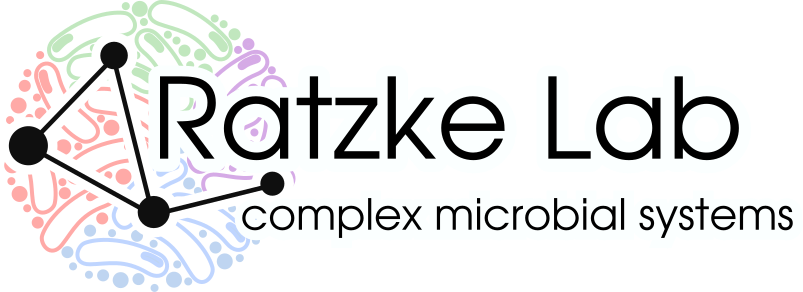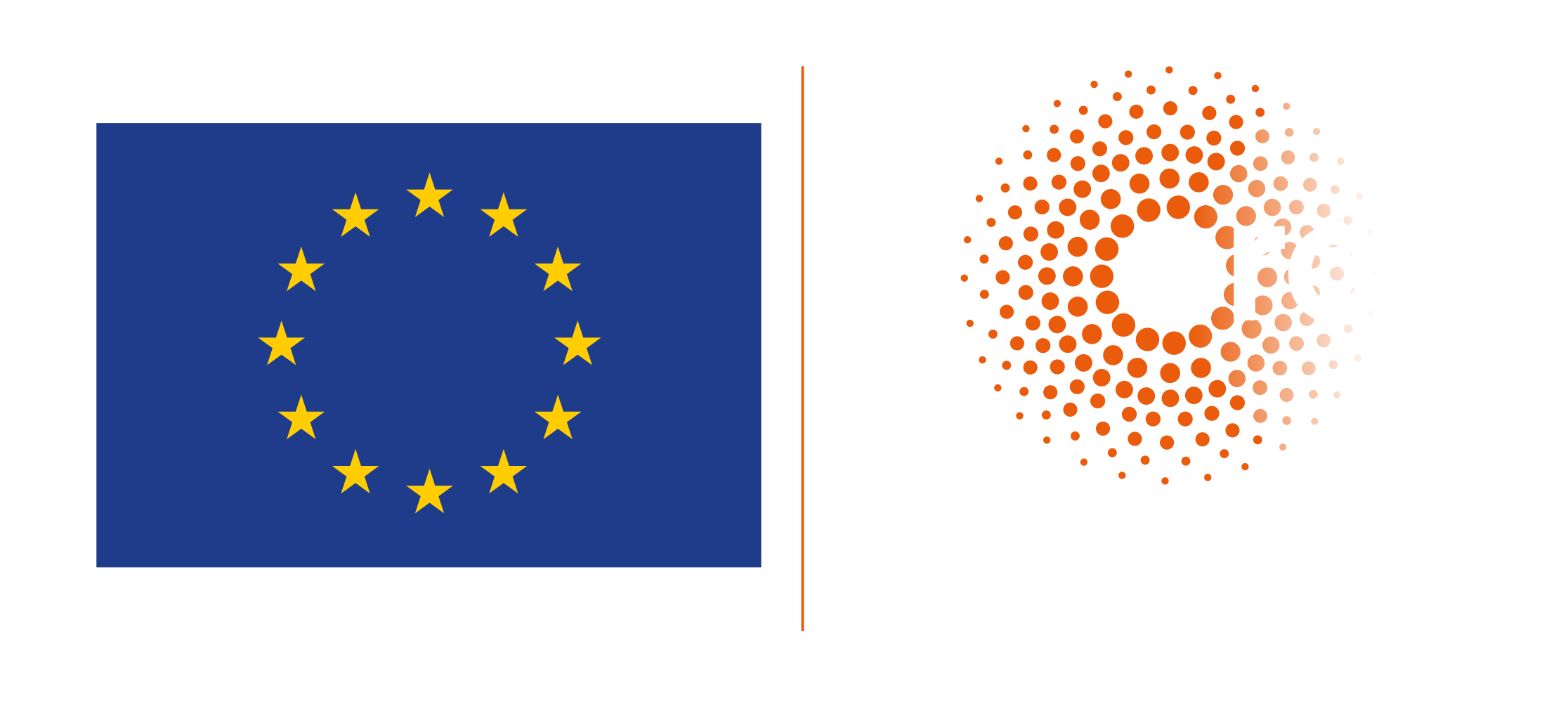EVERY WINTER SEMESTER
Systems Biology - an introduction for life scientists
2h lecture
2h group exercise (active learning)
Biology has generated huge amounts of data in particular fueled by the high throughput technologies emerging in the last years.
This makes the question of how all these discovered ingredients of life work together to form living systems more and more urgent.
Systems Biology aims to answer this question, it tries to develop an integrative, more holistic view of life. It tries to discover
with a combination of experiments and mathematical approaches how living organisms function as a consequence of the interplay of all
their components. This lecture will introduce basic concepts, ideas and techniques of Systems Biology. We will discover how we can model
biochemical pathways, how cells can integrate a multitude of signals to react to their environments, what drives the evolution of organisms
and finally how organisms come together to form whole populations and ecosystems. The overall goal of this lecture is to complement the very
successful, molecular view of biology with more generalizing and conceptual ideas. Accordingly, this lecture will be of interest for students
of all life sciences (like Microbiology, Biochemistry, Molecular Cell Biology or Ecology). Only minor previous math knowledge is assumed.
The course is taught in english.
A more detailed overview (syllabus) concerning the content of the lecture can be found
here.
Slides, video records and problem sets can be found on the Ilias page of the lecture
Ilias-Link
Alma-Link
EVERY SUMMER SEMESTER
Bioinformatic Methods in Microbiology
2h lecture
2h seminar
This course is aimed at biology students with little or no programming experience.
It aims to provide an overview of computational methods that play important roles in
solving diverse biological problems. The course will cover different applications, such as
data analysis in high-throughput CRISPR screens, analysis of LC-MS based proteomics data and
metabolomics data, machine learning with decision trees and random forest models, comparative genomics.
Overall, the course will provide a starting point for writing small programs that allow students to analyze
different types of biological data. The class will use Jupyter Notebooks and the Python programming language.
Christoph will teach the Machine Learning part.
The course is taught in english.
Slides, video records and problem sets can be found on the Ilias page of the lecture
Ilias-Link
Alma-Link




